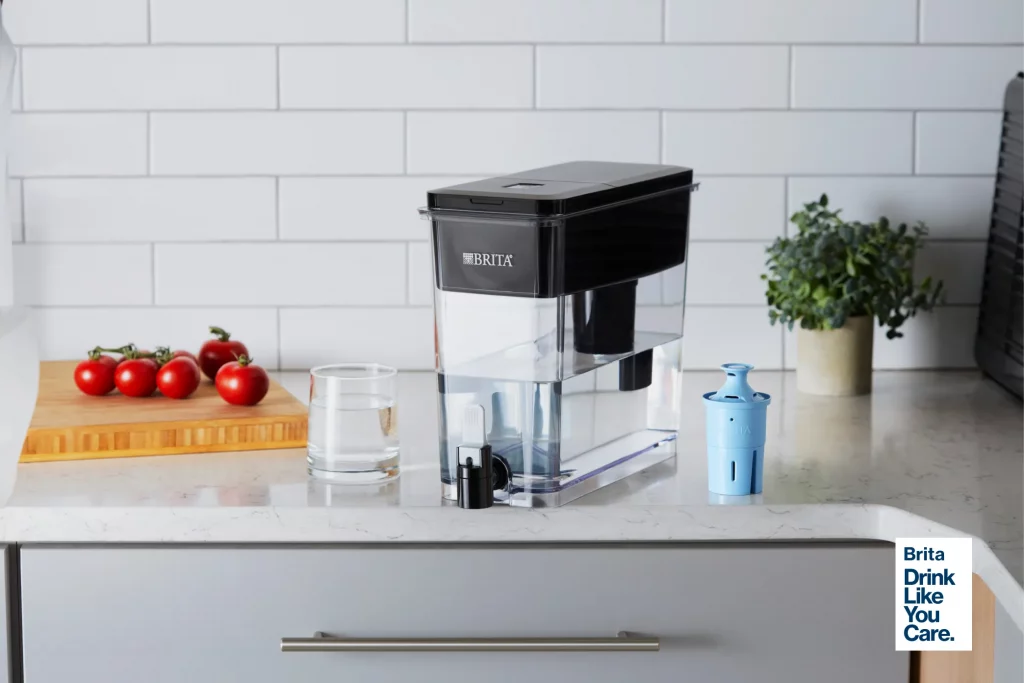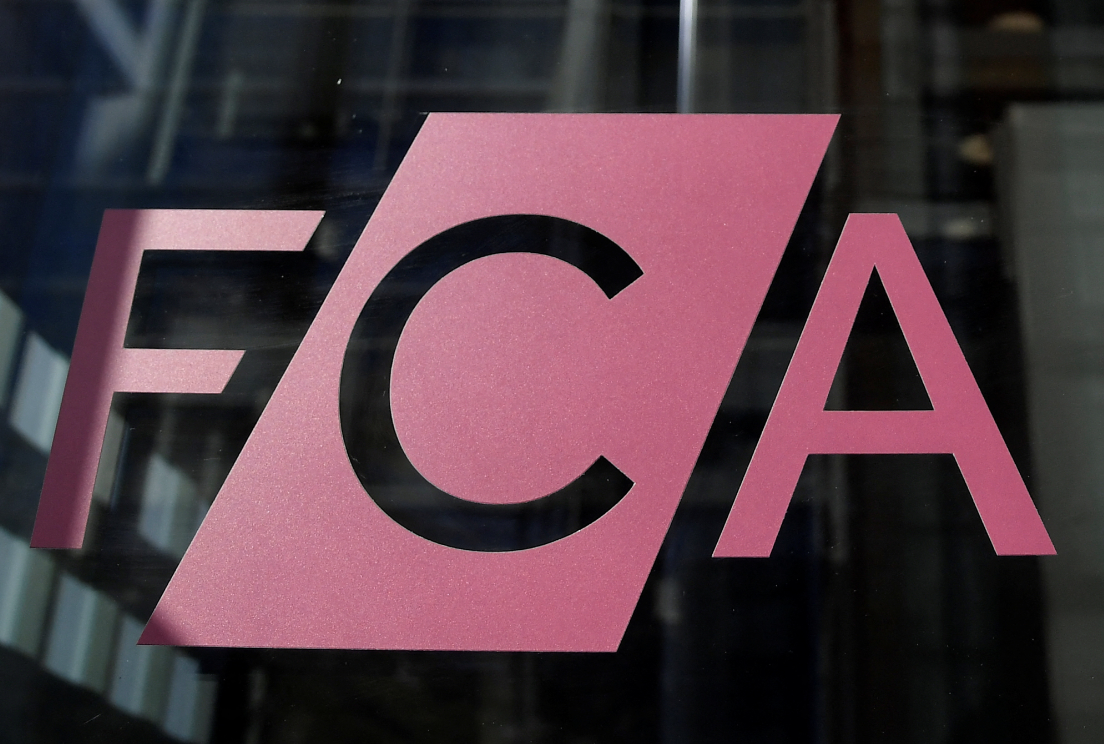Brita Partners With Municipalities to Help Reduce Lead in Tap Water Without the Reliance on Single-Use Plastic Bottled Water

Brita commits to help bridge the gap between lead detection and the long-term infrastructure solutions envisioned by federal legislation
Brita®, the leader in at-home water filtration products for over 30 years, recently announced an expanded partnership program with municipalities across the United States. Prompted by the updated, more stringent EPA lead and copper rule that is mandating more testing and inventorying of lead services lines, cities with lead in their drinking water are struggling to provide short-term water filtration solutions for their residents, especially solutions that don’t involve simply giving away environmentally destructive, single-use plastic water bottles.
“Access to clean water is a fundamental human right,” said Brita’s Sr. Director of Marketing, Lauren Kahn. “We are committed to helping our nation’s cities navigate solutions for delivering safer drinking water as they wait on the long-term infrastructure fixes many of our communities so desperately need.”
Lead consumption presents a significant health risk, especially to children, and the most common source of lead in drinking water is through faucets, lead pipes and plumbing fixtures. The impact is felt mainly in city water supplies that support older homes, some of which are in under-resourced neighborhoods, impacting the marginalized and most vulnerable. The Biden Administration’s multi-trillion-dollar infrastructure package was approved and set aside funds for a permanent upgrade to the nation’s most at-risk water systems. Yet, although the legislation has been signed, the replacement process is expected to take at least 15 years.
Sustainable Solution to Safer Water
While we wait on the much-needed lead line replacement over the next 15+ years, Brita is dedicated to working with cities and towns across America to provide more immediate, sustainable relief with its lead reducing Elite pitchers – a cost-effective solution to a growing crisis.
- The ultimate goals are to ensure clean water is available for all people and to eliminate reliance on single-use plastic bottles. The U.S. uses 2,000 single-use plastic bottles per second, the majority of which end up in oceans and landfill.
- As the No. 1 brand in water filtration, Brita helps people access cleaner, great-tasting water, without trashing the planet.
- More specifically, Brita is on track to eliminate 13.5 billion single-use plastic water bottles in 2022 working toward a 2030 sustainability goal of replacing 20 billion bottles a year and provide one million people in vulnerable U.S. communities access to clean drinking water.
- Leveraging lead-filtering pitchers can also help municipalities reduce plastic waste in their communities and take major strides in their sustainability ambitions.
Brita’s partnership options allow municipal water systems to mobilize quickly, proactively, and affordably to help their communities. Partnerships will include access to Brita Elite pitchers, which are certified to the ANSI/NSF 53 standard to reduce lead and other contaminants from tap water. Other product benefits include:
- Brita offers the only point-of-use lead-reducing filter that can last up to six months or 120 gallons and removes 99% of lead, allowing safe access to water without the inconvenience of having to change the filter often.
- The EPA recommends municipality systems proactively provide outreach and filters to residents with lead service lines for six months at the start of replacements according to the Federal Register. This means that municipalities need to provide filters for six months, which would be one Brita Elite filter versus three or six replacement filters from other leading brands.
- Brita systems have a precise volume-based filter indicator, so residents know when to change the filter, allowing for additional peace of mind around the quality of their water.
- The infrastructure bill funding will cover the purchase of temporary pitcher filters or point-of-use (POU) devices certified by an American National Standards Institute, whereas funding for bottled water is not eligible under this appropriation, according to a recent EPA Memorandum on the implementation of the Clean Water and Drinking Water state revolving fund provisions.
In addition, Brita offers its municipal partners a wide variety of editable and printable communications tools that can be used to educate and communicate to residents about immediate, safe water solutions through traditional media, social media outlets, and printed collateral sent to homes.
See related article: Pottery Barn Collaborates with Tastemaker Julia Berolzheimer on Her First Home Collection
Support in Denver
In 2020, Brita worked with Denver Water to deliver lead-reducing water filters and pitchers to households to provide sustainable protection while the utility works to remove customer-owned lead service lines as part of its Lead Reduction Program. As in many regions in the U.S., the water leaving Denver Water’s distribution system is completely lead free, but lead can enter drinking water as it moves through customer-owned pipes that brings water from the water main in the street to the plumbing in the home. Denver water estimated that up to 27% of the services lines throughout the service area were made of lead.
Denver program highlights include:
- Denver Water provides a Brita pitcher and filter to every location suspected of having a lead service line, along with a new filter every six months until six months after the service line is replaced (approximately 1.2 million replacement filters).
- With an agile supply network, Brita in partnership with 120Water™ was able to distribute over 100,000 Brita pitchers and filters to Denver residents in the first nine months of the program. Research8 showed a filter adoption rate of 81% in 2021.
In addition to existing municipality partnerships, Brita works closely with reputable trade associations like the Water Quality Association (WQA), a non-profit representing the residential, commercial, and industrial water treatment industry, to ensure communities have the resources they need to access clean water solutions.
“The U.S. Environmental Protection Agency’s revised Lead and Copper Rule is motivating progress in the battle against lead in drinking water across the country,” said Kelli Fleischmann, Product Certification Director for WQA. “We strongly believe that a number of point-of-use devices, such as appropriately tested and certified pitchers and filters, can be a highly effective way in the appropriate circumstances to act as a final barrier to treat lead contamination in water. Municipalities have an opportunity to get ahead of a potential lead crisis with such available, proactive solutions for their residents.”
Source: Brita






